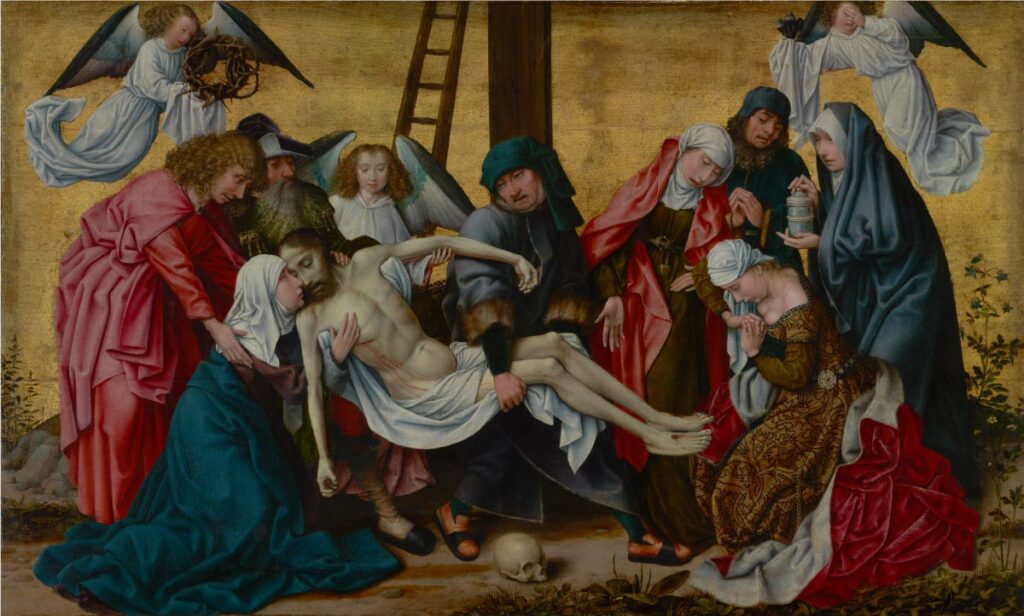The deadly religion of the self is everywhere today — in self-help slogans, modern spirituality, and the worship of the “god within.” But long before this inner idol re-emerged, G.K. Chesterton had already exposed its fatal flaws. In Chapter 5 of Orthodoxy, he delivers a timeless warning: self-worship is not just mistaken. It’s destructive. Only the Christian vision — of a God beyond the self — can break the cycle and set us free.
The Inner Light and the Rise of Self-Worship
Chesterton saw through the seductive lie of introspective religion. The Stoics, especially Marcus Aurelius, were noble — but tired. Their “Inner Light” guided them to small daily duties, but not to moral courage or joy. Chesterton skewers them for getting up early, not to reform the world, but to keep themselves tidy.
“Marcus Aurelius is the most intolerable of human types. He is an unselfish egoist.”
The danger of the Inner Light is that it turns into a hall of mirrors. Chesterton jokes that if Jones worships the god within, it soon means that Jones worships Jones. It is the most dangerous idolatry — not because it looks wild, but because it looks respectable.
And worst of all: the god within can never save you.
Nature Isn’t God: Paganism and Its Cruel Return
Chesterton also foresaw the return of paganism — the worship of the sun, the moon, the earth. In youthful societies, nature worship seems innocent and joyful. But as history (and human sin) unfold, it takes a darker turn.
“Nature has another side which experience and sin are not slow in finding out… Pan soon showed the cloven hoof.”
When nature becomes a god, cruelty is justified by imitation. The sun burns — so we may burn. The moon is mad — so madness is sacred. Chesterton traces this decline from pastoral delight to ritual blood, from the Wise Man bathing in dawn’s clear water to Julian the Apostate bathing in the blood of bulls.
Modern equivalents abound: goddess spirituality, sexual libertinism, ecological pantheism. And always the same destination: the theory that “everything is good” becoming an orgy of everything that is bad.
Chesterton’s Timeless Warning: God Must Be Outside Us
Here Chesterton delivers his theological thunderbolt: Christianity did not sentimentalise the cosmos. It sundered God from the world, so that both could be saved.
“It was the whole point of the Christian answer to the unhappy pessimist and the still more unhappy optimist.”
Christianity declared that God is not the world — and not the soul either. He is the Creator, not the creature. And this distance is not alienation — it is the only ground for love, justice, and hope. Just as an artist is separate from his poem, so God is free from the cosmos — and thus able to redeem it.
In a pantheist system, God and the world are locked together. In Christianity, God sets the world free. And because of that freedom, we can rebel against evil without rebelling against existence.
“One could be at peace with the universe and yet at war with the world.”
St. George can still fight the dragon — even if the dragon has swallowed the stars. This, Chesterton says, is the genius of Christianity. It is the only system where you can be furiously critical and gloriously grateful at the same time.
Why Christianity Sets Us Free from the Deadly Self
The modern world, like ancient Rome, is torn between tired Stoicism and shallow paganism. We are told to look within, to follow our truth, to honour the earth. But as Chesterton saw — and we must now remember — these paths end in despair, or delusion, or both.
“The only fun of being a Christian was that a man was not left alone with the Inner Light, but recognized an outer light… terrible as an army with banners.”
Let Jones worship something better than Jones.
Check out our other post on Chesterton’s Ethics of Elfland




Do not reject God within…
Luke 17:21 (KJV):
“Neither shall they say, Lo here! or, lo there! for, behold, the kingdom of God is within you.”
1 Corinthians 3:16 (ESV):
“Do you not know that you are God’s temple and that God’s Spirit dwells in you?”
Galatians 2:20 (KJV):
“I am crucified with Christ: nevertheless I live; yet not I, but Christ liveth in me…”
God is present within and without.
It’s true that Scripture speaks of God dwelling within believers — the Holy Spirit lives in us, making us temples of God (1 Cor 6:19). But Chesterton’s point is that the God within is not merely our own self writ large. The Spirit is not identical with our private feelings, whims, or “Inner Light.” He is the transcendent, personal God who comes from outside to dwell within us, precisely to free us from the prison of self-worship. Christianity insists both on God’s intimate presence and His absolute otherness; without that distinction, “God within” collapses into self-idolatry, and Jones ends up worshipping only Jones.
Because Jones accepts only one side – God inside, denying him outside. But if you know that God is present both inside and outside, then self idolatry will not arise, it will be impossible to worship yourself as a God.
Agreed, if Jones truly knows the real God, both within and without, he won’t fall into self-idolatry. But that’s precisely Chesterton’s concern, in practice, people don’t make that distinction. They collapse “God within” into their own feelings, desires, or identities, mistaking themselves for divine. Chesterton wasn’t denying the indwelling Spirit; he was warning that without recognizing God’s utter otherness, the “god within” becomes a mirror reflecting only ourselves. He’d be horrified at how far this has gone today — in movements like radical self-worship, gender ideologies, and spiritualities that crown personal preference as ultimate truth.